Advantages and disadvantages of cucumber varieties Masha f1, photos and reviews about the harvest
Cucumber Masha is a productive hybrid variety of Dutch origin. It was displayed as early, well-preserved and easy to transport.
Grown everywhere. Produces a good harvest in greenhouses, greenhouses, small film shelters and open ground. In decorative terms, it is not inferior to other varieties, and surpasses most of them in endurance and resistance to diseases.
The taste of Masha fruits makes them suitable for any kind of processing, including salting, pickling, candying and making cold drinks.
History
In European countries, cucumbers began to be cultivated in the III-IV centuries, but the Masha F1 variety appeared only after hundreds of years.
The homeland of the variety, despite numerous disputes, is Holland. In 2000, breeders of the well-known company Monsanto Holland bred a hybrid by crossing crops with a suitable set of traits for several generations, after which it was almost immediately entered into the register as intended for cultivation on the territory of small agricultural lands of the country.
"Mashenka", "Nasha Masha", "Maria" and other cucumbers with a consonant name (which causes confusion) were bred 15 years later and designated as independent hybrids that have a similar appearance, but slightly differ in some economic and biological characteristics ...
Description of the variety
A detailed description of the characteristics of the variety, drawn up in the form of a table, will help to obtain a comprehensive characterization of the plant before purchasing seeds and to avoid mistakes in care.
| Variety information | First generation cucumber hybrid (F1) |
| Pollination type | It is a type of parthenocarpic cucumber that does not require insect pollination. |
| Bush type | Medium-sized bushes with a dense creeping stem. |
| Leaves are green, ovoid, ornamental. Covered with sparse fine hairs. They sit on the stems alternately. | |
| Type of ovary formation | Bouquet-type ovaries. Female flowers are solitary with a lower ovary, significantly prevailing in quantity. Rare male flowers are collected in cystic inflorescences. |
| Ripening rate | Early grade. The development cycle from the first shoots to the appearance of edible cucumbers takes an average of 35–45 days. |
| Cultivation area | Can be cultivated in all regions of the country in protected or open ground. |
| Stocking density (planting pattern) | Plants are planted according to the scheme 50x30 cm - no more than four per 1 m 2. |
| Yield | When grown outdoors, it yields up to 10 kg of fruit per 1m 2. |
| When grown in greenhouses, the yield is even higher - up to 15 kg per 1 m 2. | |
| Fruit type | Fruits are cylindrical, gherkin type. They reach 6-9 cm in length and 3-4 cm in diameter. They weigh 60-120 grams. Larger and heavier fruits are inferior in taste. |
| The peel is dense, covered with pronounced prickly tubercles, matte green in color with lighter longitudinal stripes on the main background. Possible mild spotting. | |
| Purpose of fruits | Eating raw and any kind of heat treatment. |
| Is there bitterness in the fruit | Without bitterness |
| Resistant to adverse conditions | The variety is quite resistant to the phenomena of the external environment, however, with prolonged exposure to low temperatures, a delay in the development of the plant and a stop in the formation of ovaries can be observed. |
| Disease resistance | Resistant to powdery mildew and cucumber mosaic virus infection. |
| It is suitable for obtaining environmentally friendly products due to the minimal need for processing with pesticides and, accordingly, reducing the risk of their accumulation in fruits and the environment. | |
Advantages and disadvantages
The Masha variety has many advantages that distinguish it favorably over others, and a number of disadvantages.
Pros of the variety:
- fruits of the same shape and size, which is very convenient for machine harvesting in large areas;
- early formation and high yield;
- more than 90% of the marketable output of products;
- pleasant taste and aroma of fruits;
- reduced labor costs in the care process;
- plant resistance to damage by common diseases;
- easy portability of long-term storage and transportation.
Cons of the variety:
- the fruits have a fairly hard and rough skin;
- brittle stems prone to intertwining, requiring neatness during harvest;
- after overgrowing, they lose their taste, which is why it is required to pluck the fruits daily;
- F1 hybrids require parent lines. To cultivate a plant, you need to buy seeds, and to carry out breeding activities - rights from the creators.
Planting and leaving
Cucumbers Masha are recommended to be placed on light-textured fertile soils. And if there is black soil on the site, then its acidity level should not exceed pH 5.6-6.0.
At the same time, groundwater should be at a sufficient distance from the soil surface so that excess moisture does not harm the root system.
Cucumbers develop best in areas that previously "belonged" to annual grasses, carrots, eggplants, cabbage or tomatoes.
- Sowing
Seeds of the Masha variety are sown on a flat surface, ridge or ridge, burying into the soil no more than 3-4 cm. Best of all - in an ordinary way according to a 50x30 cm scheme, leaving 2-4 plants in each nest. Seed consumption - about 3 g per 10 m2.
Products from Seminis and some domestic manufacturers often have a blue or emerald color that scares customers. However, you should not be afraid of this.
The seeds acquire an unusual color after being treated with the Tiram pesticide, which protects the plant from fungi. They do not require pre-soaking and can be used immediately for sowing seedlings or outdoors.
The ideal time for sowing is mid or late May, when the threat of frost passes, and the soil warms up to +15 ° C.
- Fertilizer
For fertilization, various organic and inorganic mixtures are used: manure, compost, humus, calcium and phosphorus solutions.
Mineral fertilizers, to which the variety is very sensitive, have a positive effect on the appearance and taste of the fruit, but they should be applied very carefully, in microscopic doses.
- Crop care
Caring for F1 cucumbers is no different from caring for any other varieties - it implies an increase in the frequency of watering during the formation of fruits and active fruiting, inter-row treatments during the growing season and prevention pests at all stages of growth.
- Drugs
The list of drugs suitable for protecting Masha cucumbers is quite large. You can use copper sulphate, bleach, "Trichodermin", "Fitosporin" and various fungicides.
Reviews
In reviews of the Masha f1 variety, you can find dozens of "laudatory odes" to the appearance and taste of cucumbers: the complete absence of bitterness and voids in the inner part.
Many people note a high resistance to diseases, but they recommend not to take risks and, if possible, not to give up preventive treatments.
There are also warnings about unscrupulous seed suppliers and reminders about the advisability of buying goods from authorized dealers and only in original packaging.
In conclusion, it should be noted that, despite its "foreign" origin, the Masha variety has repeatedly been included in the ratings of the best hybrids for growing in Russia, compiled by various reputable publications and ordinary gardeners. Reviews about the variety are extremely positive. With a little time and attention to the plant, even inexperienced "beginners" will get a wonderful harvest!
It is interesting
The pleasant fresh aroma of hybrid cucumbers is provided by the presence of a small amount of essential oils. It is believed to help with headaches and insomnia.
The pulp and skin of cucumbers has medicinal value. They give a good therapeutic effect on kidney stones, crystallization of uric acid, gouty tumors, atherosclerosis and malfunctioning of digestion.
Cucumber juice is used in cosmetology to prepare fragrant lotions and nourishing masks. Stimulates collagen production, relieves acne and smoothes fine lines.
In the perfumery industry, the production of women's perfumes with cucumber notes is practiced. According to research, their scent increases libido by 30-40% and even surpasses classic floral motifs in popularity.
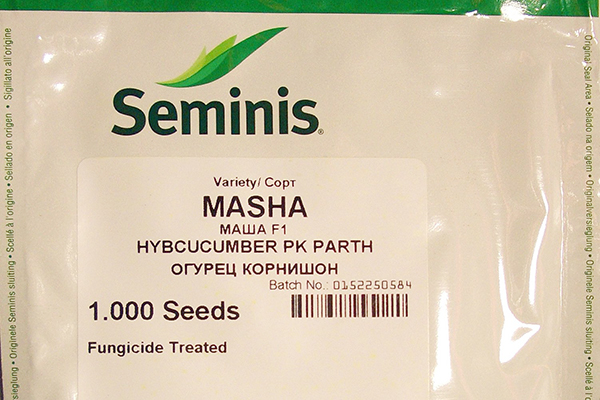
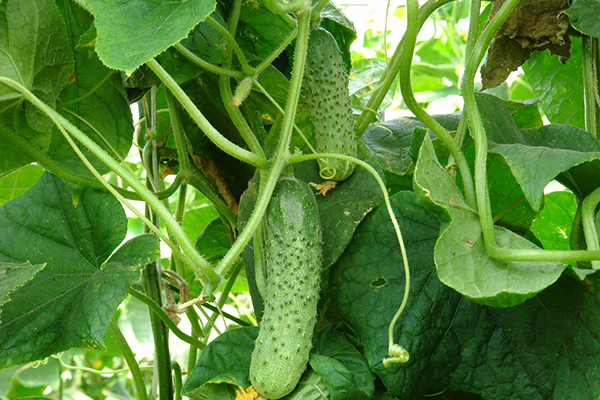
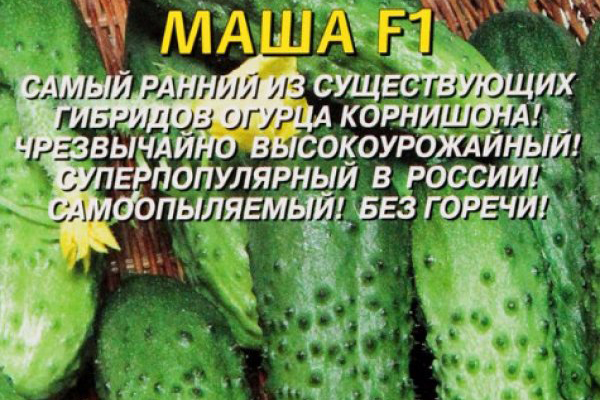
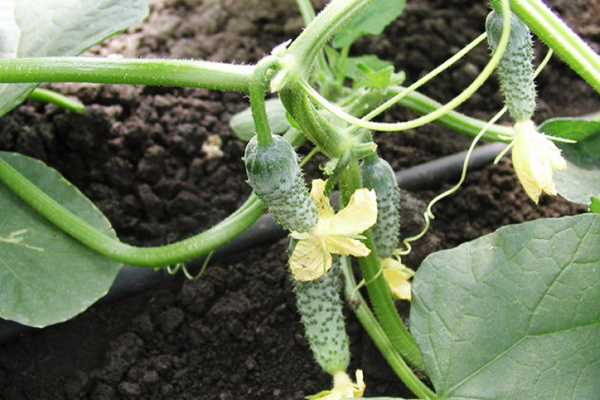
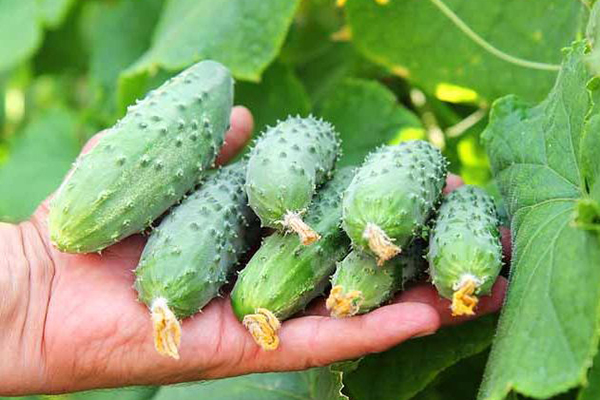
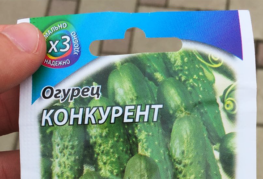
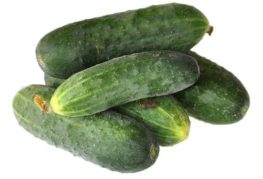
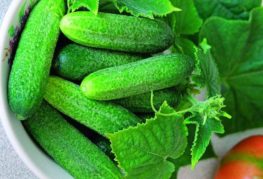
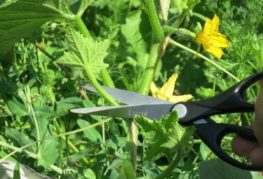
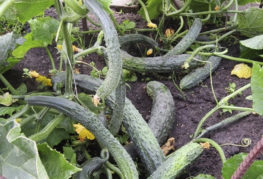
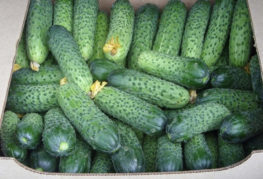
and will be published shortly.